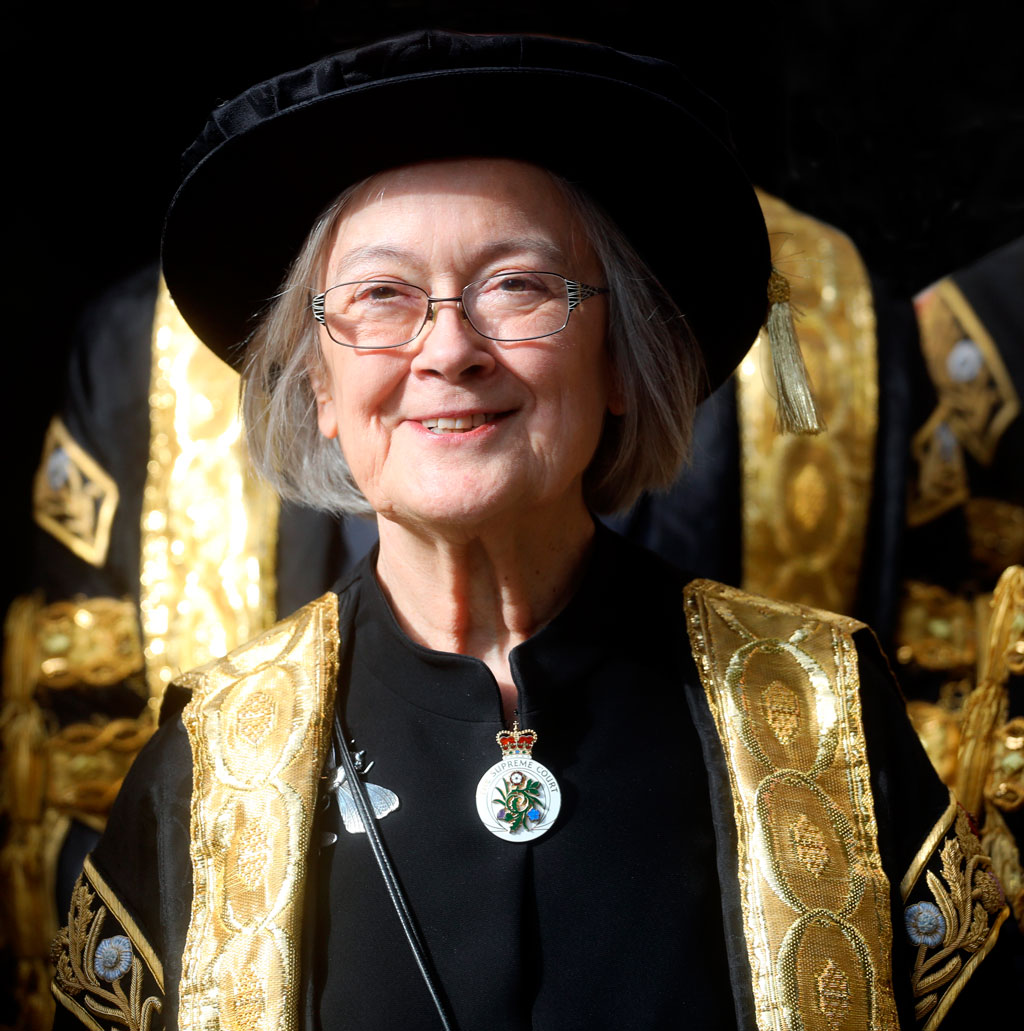
Brice Dickson outlines the Supreme Court highlights for 2018
- Personnel, appeals and dissent.
- Appearances and judgments.
In the last 16 months the composition of the Supreme Court has changed significantly. Of the 12 Justices in post on 30 September 2017, only six remain there today: Lady Hale (President), Lord Reed (Deputy President), Lord Kerr, Lord Wilson, Lord Carnwath and Lord Hodge. They have a collective experience of 52 years’ service in the country’s top court, Lady Hale alone having been there for 15 years. Lady Black, Lord Lloyd-Jones and Lord Briggs replaced Lord Toulson, Lord Neuberger and Lord Clarke during October 2017. Lady Arden and Lord Kitchin replaced Lord Mance (Lady Arden’s husband) and Lord Hughes in October 2018. This month Lord Sales has replaced Lord Sumption, who retired in December 2018. When Lord Mance retired, the position of deputy president was granted to Lord Reed.
All being well there should be no changes in personnel during 2019, but Lady









